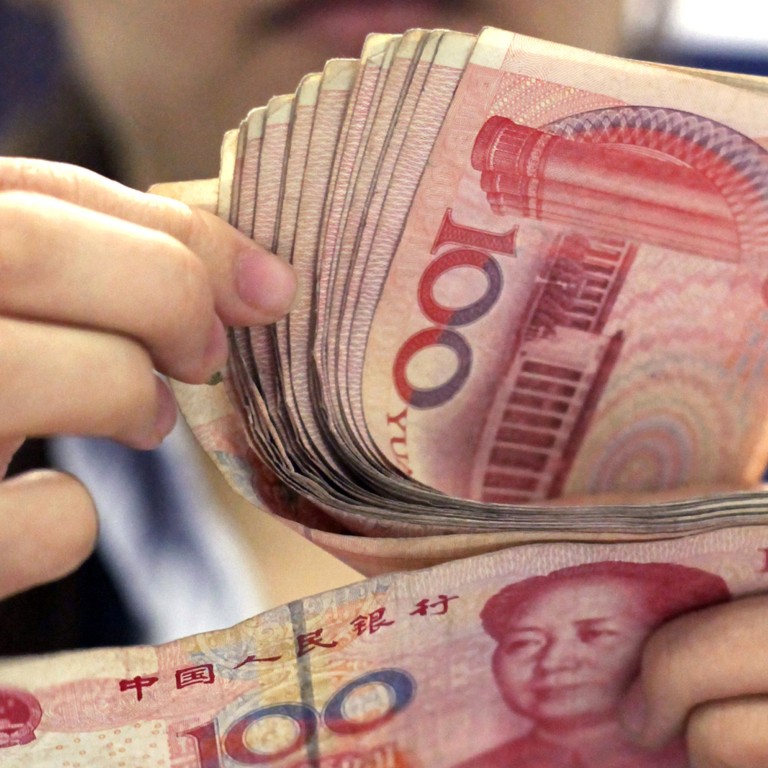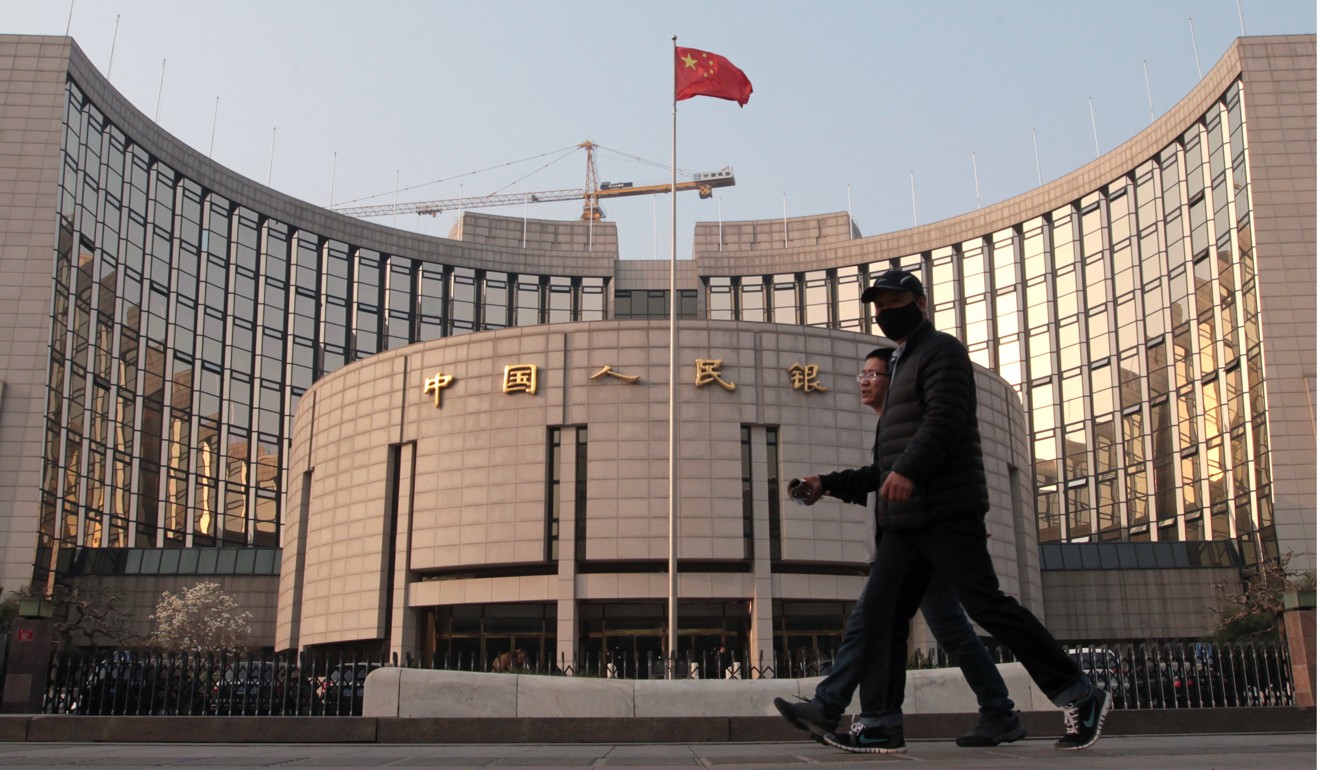
China offers low-cost loans to banks to help fund small businesses, shore up economy
- Central bank introduces new lending facility to boost liquidity ahead of interest rate increase in the United States
- The People’s Bank of China also extends banks’ credit line by US$14.5 billion
China’s central bank has made fresh moves to release more money into the financial system as Beijing looks to shore up the economy amid a deepening trade war with the United States.
The People’s Bank of China (PBOC) said in a statement on Wednesday evening that it had launched a new liquidity mechanism known as the “targeted medium-term lending facility”, through which banks can borrow cheaply and then make those funds available to small businesses and private firms.
The move is aimed at “improving financing support for small businesses, micro businesses and private enterprises”, the PBOC said.
All loans agreed under the new mechanism will be provided at an annual interest rate of 3.15 per cent – 15 basis points below than the standard rate – and banks will have up to three years to repay them, the PBOC said.
All eyes on Fed chief’s comments as China’s growth outlook plays big part in direction of US interest rates
Besides the low-cost loans, the central bank said it would also extend its credit line to the nation’s lenders by 100 billion yuan (US$14.5 billion) to ensure sufficient funds were available for small businesses.

The PBOC’s announcement came just hours ahead of an interest rate increase in the US. The US Federal Reserve raised its benchmark rate for banks by 25 basis points to between 2.25 and 2.5 per cent.
Compared to other moves by the PBOC to increase liquidity, such as cutting interest rates and reducing reserve requirements, the launch of the new loan facility is a more targeted measure that suggests it is unwilling to loosen its monetary policy too far.
China eases bond issuance rules for top rated firms in bid to boost economy amid trade war with United States
At the same time, the government is under growing pressure to halt a deepening slowdown in the world’s second-largest economy.
The country’s annual economic work conference, chaired by President Xi Jinping and at which top leaders will chart out economic policies for 2019, is now under way in Beijing, and selective monetary easing is expected to be on the agenda.
HSBC economists Qu Hongbin and Aakanksha Bhat wrote in a research note this week that “growth stabilisation” would be “the key watchword” for the policymaking conference.
“Although not the target of the deleveraging agenda, private sector businesses have felt the second round impact of tighter credit conditions”.
As such, Beijing was expected to roll out more measures to support private firms, including “credit enhancement”, they said.
Analysts warn China financial situation remains weak despite rise in bank lending
Aside from its latest announcement, the PBOC has been keen to ensure sufficient liquidity to support economic growth.
On Wednesday alone it pumped 60 billion yuan (US$8.7 billion) of new money into the banking system via its open market operations, boosting the total for the week to 400 billion yuan.
At a Politburo meeting last week Xi said that China must develop a “powerful home market” to manage external uncertainties and challenges, a veiled reference to its trade war with the US.
Can China’s leaders restore confidence to private businesses?
China’s economic growth slowed to 6.5 per cent in the third quarter of the year from 6.7 per cent in the previous three months, and the deceleration is expected to continue through 2019.

